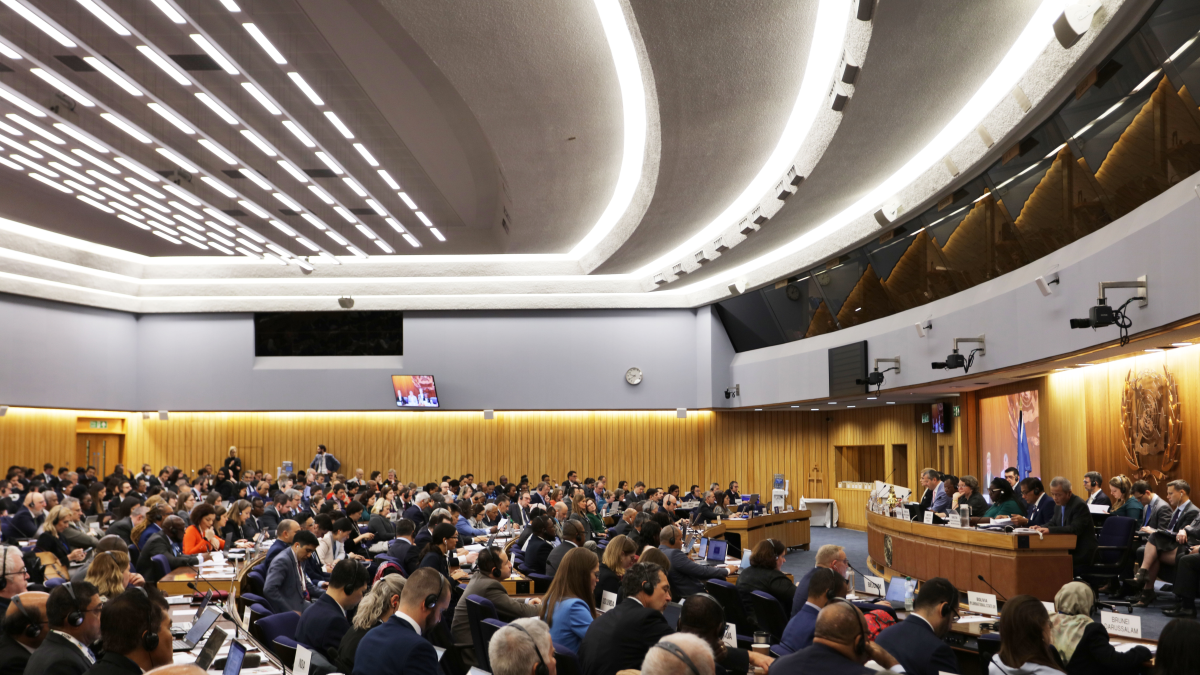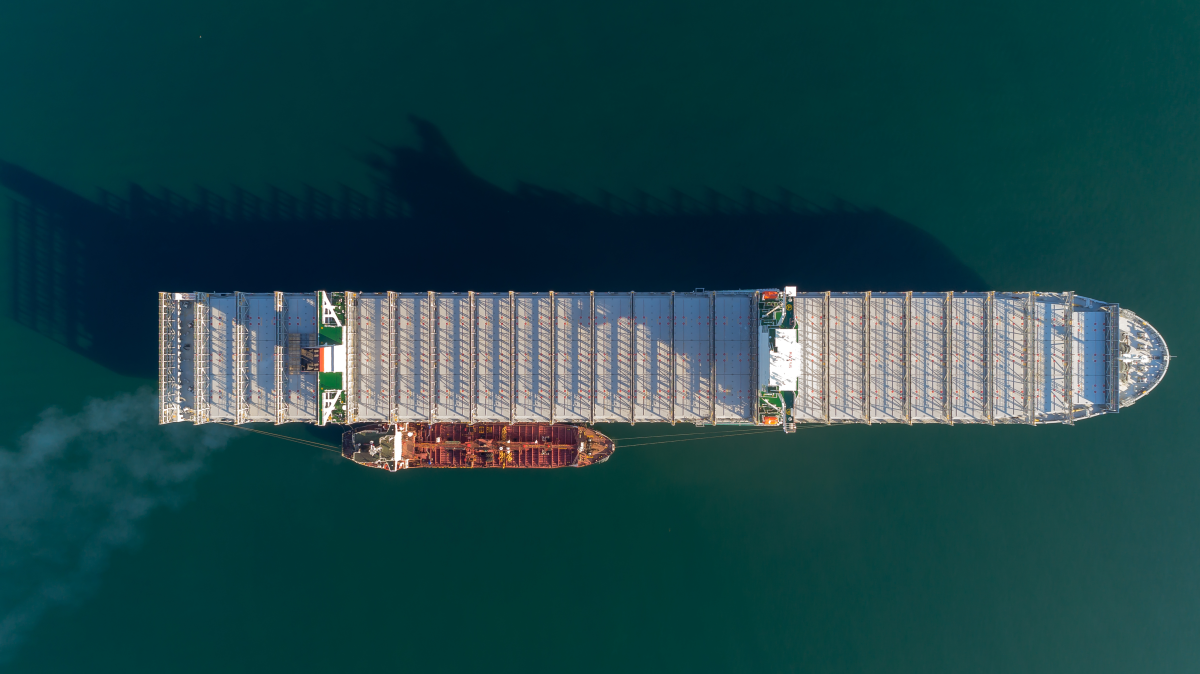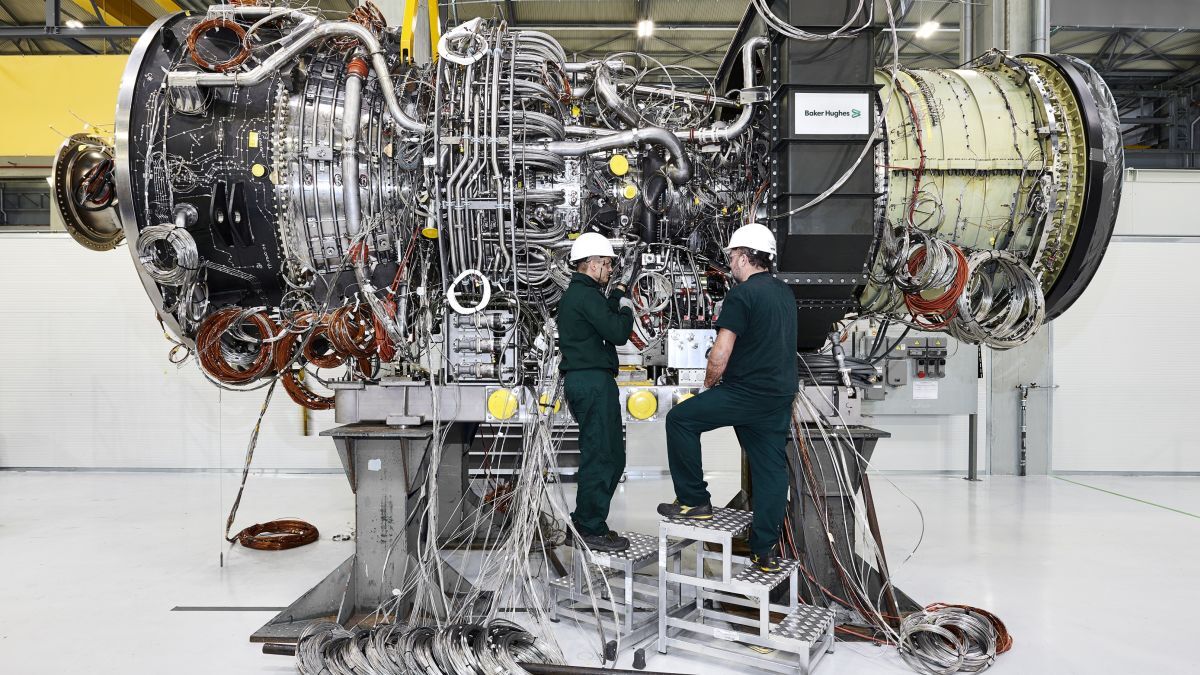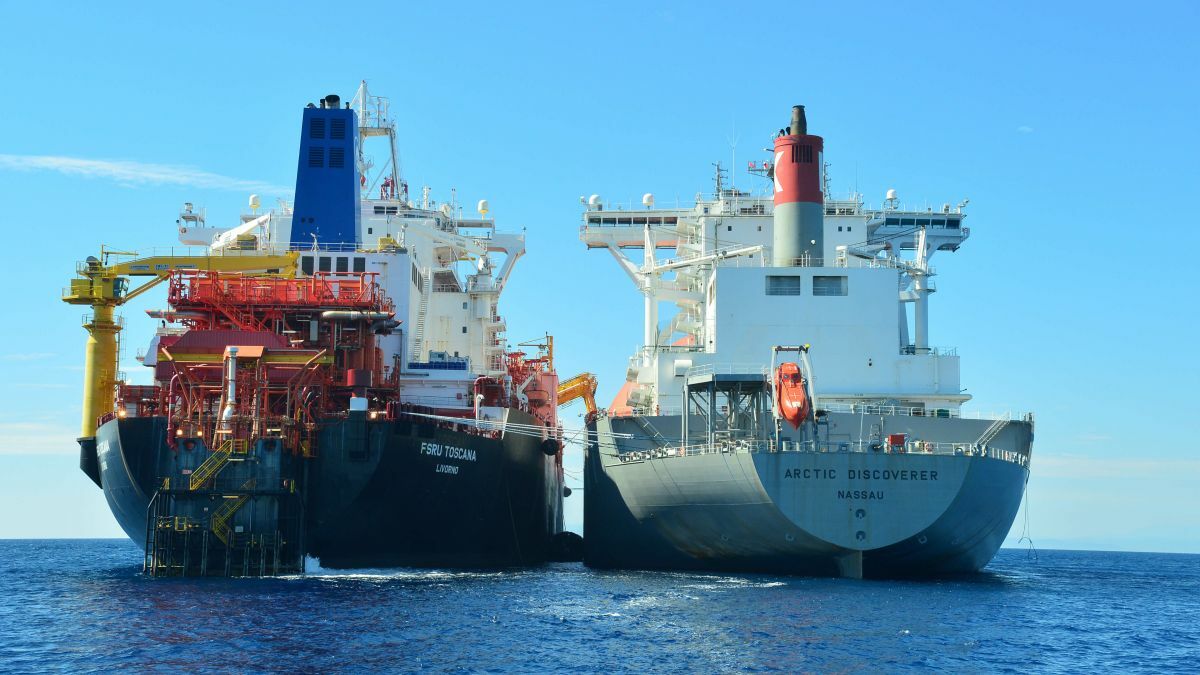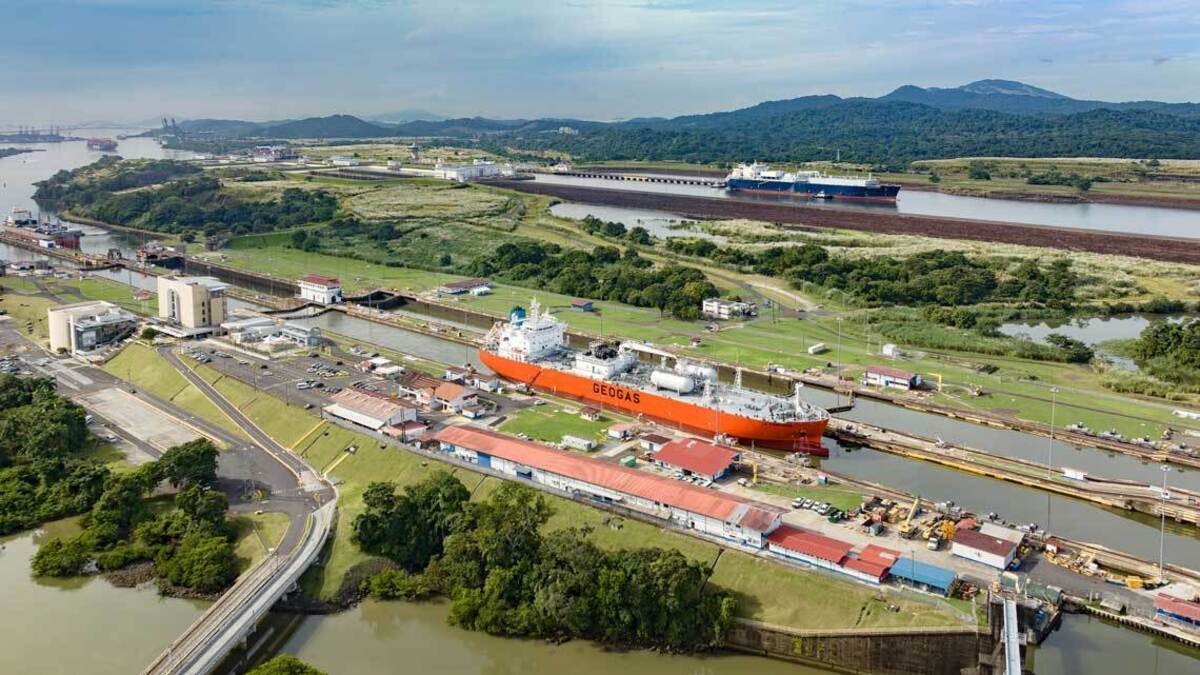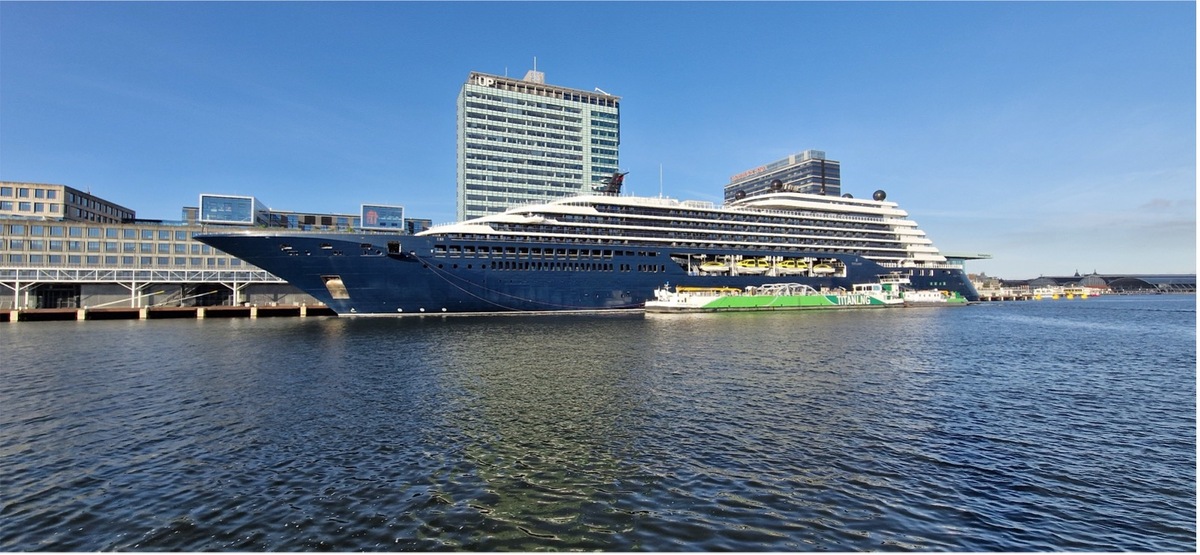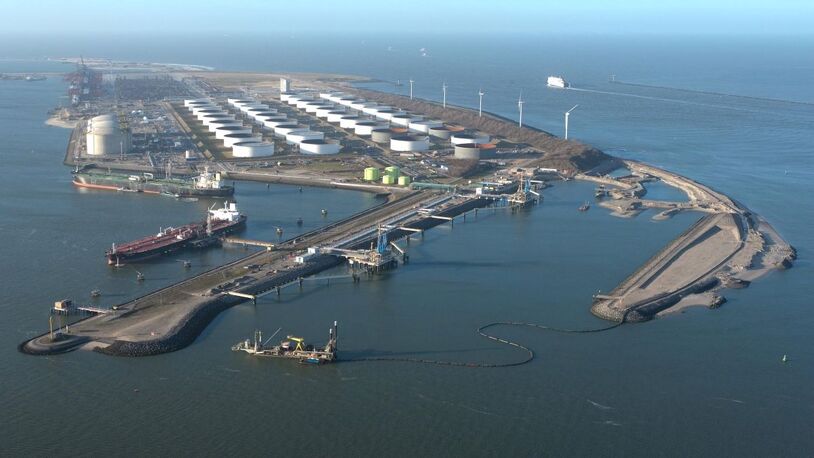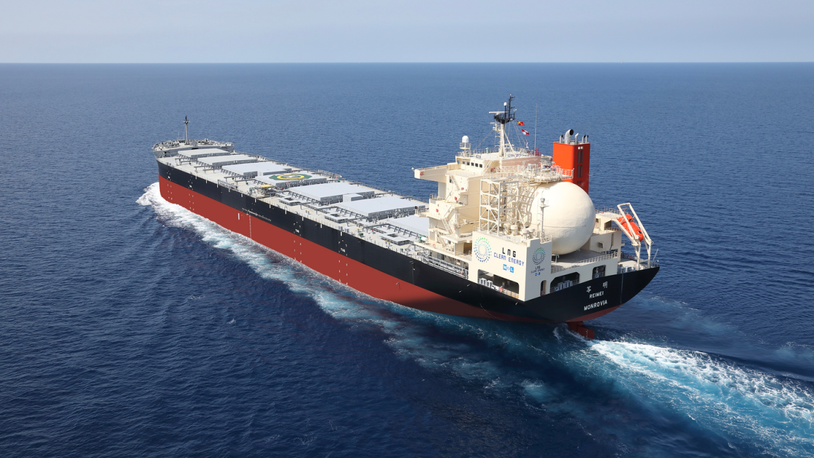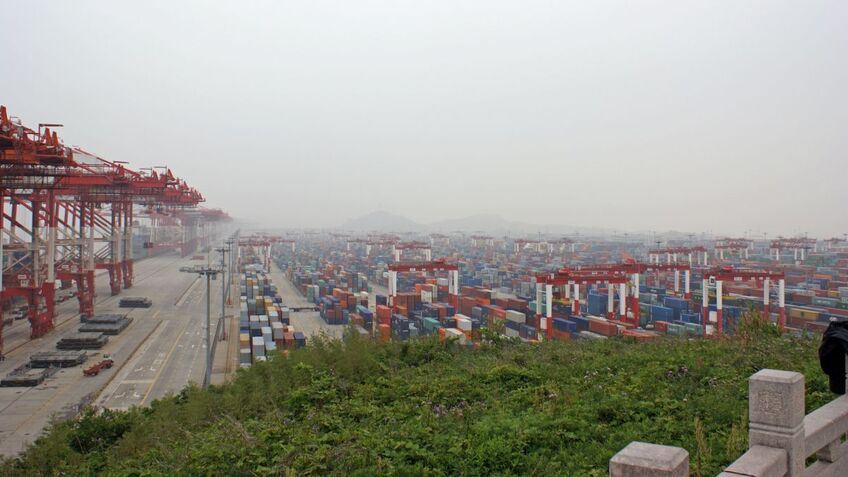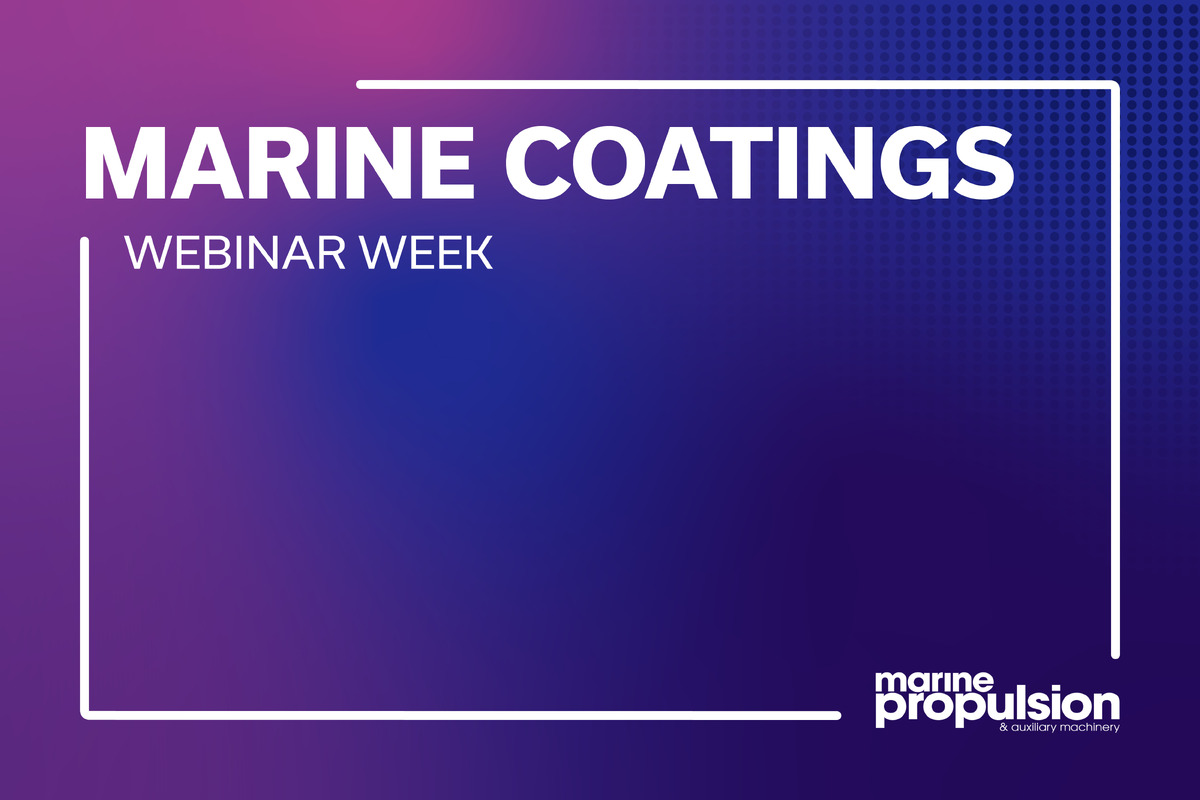Business Sectors
Contents
Register to read more articles.
Revising CII to address port inefficiencies and operational constraints
Proposals at MEPC 82 call for revisions to the CII framework to account for port-related delays, idle time, and operational inefficiencies
Port operations play a pivotal role in determining a ship’s Carbon Intensity Indicator (CII) rating, a metric that assesses energy efficiency under IMO’s strategy to reduce greenhouse gas (GHG) emissions. In preparation for the Marine Environment Protection Committee (MEPC 82) meeting starting in late September 2024, several countries and shipping associations have submitted proposals recommending revisions to the CII framework to address challenges arising from port-related inefficiencies and operational constraints.
A key issue with the current CII system is its failure to account for emissions generated during idle periods, such as when ships are waiting at port or at anchor. Sectors like chemical carriers and short-sea trades, which can spend extended periods in port working cargo, are disproportionately impacted. Ships in the bunkering sector also experience long idle times at port or at sea, inflating their CII scores and misrepresenting their true operational efficiency. A report by Liberia and the International Chamber of Shipping (MEPC 82/INF.46) highlights that "emissions generated during idle periods, such as at port or anchor, significantly distort CII ratings, penalizing vessels for situations outside their operational control."
This issue is particularly evident in short-sea shipping (SSS) routes, such as those in the Caribbean, where frequent port calls and limited infrastructure lead to high idle times. A University of Trinidad and Tobago study (MEPC 82/INF.48) stresses that "short sea shipping in the Caribbean faces unique challenges due to the high percentage of time spent in port, where emissions occur without corresponding transport work." These inefficiencies compound the negative impact on CII ratings for vessels operating on these routes.
Port congestion further exacerbates these problems. Many ports, particularly in high-traffic regions, lack the infrastructure to accommodate the volume of ships they receive, resulting in delays in berthing and extended waiting times, which increases emissions and inflates CII scores. A report by the Republic of Korea and Pacific Environment (MEPC 82/INF.26) highlights that "port inefficiencies, including delays in berthing, contribute to higher emissions and lower CII ratings for vessels." Addressing these inefficiencies is crucial as the industry works toward decarbonisation goals.
“Many ports, particularly in high-traffic regions, lack the infrastructure to accommodate the volume of ships they receive”
One proposed solution is the implementation of Just-In-Time (JIT) arrival systems, which allow ships to adjust their speed based on real-time berthing information, ensuring they arrive at port when a berth is available, thereby avoiding idling at anchor. The Korea report (MEPC 82/INF.26) states: "JIT arrival systems have the potential to reduce fuel consumption and emissions by up to 13.5% by minimizing the time ships spend idling at anchor." However, the success of JIT systems depends on close co-ordination between ports and shipping companies, as noted by Liberia and ICS (MEPC 82/INF.46), which stress that "successful implementation of JIT arrival systems relies on the ability of ports to provide timely berthing information, and the willingness of shipping companies to adjust operations accordingly."
The Sail Fast, Then Wait (SFTW) practice further complicates this issue. In this operational model, ships sail at full speed to reach their destination, only to wait at anchor for berth availability. This results in unnecessary fuel consumption and emissions. The Blue Visby Solution (BVS) has been proposed to address this problem. According to BIMCO (MEPC 82/INF.32): "The Blue Visby Solution helps ships avoid unnecessary time spent at anchor by adjusting sailing speeds to match berth availability, reducing fuel consumption and emissions." By using real-time data and advanced algorithms, BVS optimises ship speeds and co-ordinates staggered arrivals at ports, reducing the inefficiencies caused by SFTW.
The BVS also introduces a collaborative cost-sharing mechanism, where the benefits of reduced emissions and fuel savings are shared among ship operators, charterers, and port authorities. This approach encourages industry-wide adoption of the solution, making it a win-win for all stakeholders, according to BIMCO (MEPC 82/INF.32).
Routine port operations such as docking, refuelling, and cargo handling also present challenges under the current CII framework. China’s submission (MEPC 82/6/35) argues that "fuel consumption for operations like tank washing and safety procedures during docking should be excluded from CII calculations to avoid penalizing vessels for necessary operational activities." Excluding these emissions would provide a more accurate representation of a ship’s efficiency during voyages, without penalising necessary operational tasks.
In response to the broader operational inefficiencies that impact CII ratings, Brazil and India have proposed a two-tier CII rating system. Their submission (MEPC 82/6/39) advocates for a system that distinguishes between operational efficiency and supply chain inefficiencies. The two-tier system would introduce an AERVoyage metric to measure a ship’s operational efficiency during voyages and an AERSupply Chain metric to account for delays and inefficiencies caused by factors beyond the ship’s control, such as port congestion and supply chain disruptions. According to Brazil and India: "Introducing a two-tier system would provide a more comprehensive assessment of a ship’s energy efficiency, distinguishing between operational performance and external inefficiencies in the supply chain."
Revising the CII framework to address these operational realities is a key recommendation from industry stakeholders. The American Bureau of Shipping (ABS) study submitted as part of the Liberia and ICS paper (MEPC 82/INF.46) proposes revising the reference lines to exclude emissions generated during idle periods, such as when ships are at port or anchor. "Focusing on emissions generated during active voyages would better align CII ratings with the real-world performance of ships," the report states.
Several recommendations from industrial bodies to the MEPC have emerged from these reports. The first is that the CII framework should be revised to exclude emissions generated during idle periods at ports or anchor, ensuring that ships are not unfairly penalised for delays beyond their control.
The second recommendation is that the MEPC should encourage the widespread adoption of JIT arrival systems, which have proven to reduce fuel consumption and emissions by optimising port operations. Investments in port infrastructure should be prioritised, according to the third recommendation, particularly in regions like the Caribbean, to reduce congestion and improve ship turnaround times.
The fourth call is for the introduction of a two-tier CII system that would allow for a clearer distinction between a ship’s operational efficiency and supply chain inefficiencies, providing a more balanced and fair assessment of a vessel’s performance.
Finally, CII calculations should exclude emissions generated during essential port operations, such as refuelling and safety checks, to provide a clearer picture of a ship’s overall environmental performance.
Related to this Story
Events
LNG Shipping & Terminals Conference 2025
Vessel Optimisation Webinar Week
Marine Coatings Webinar Week
© 2024 Riviera Maritime Media Ltd.


